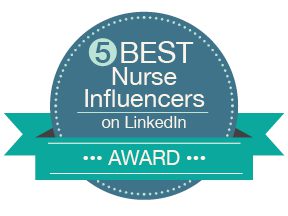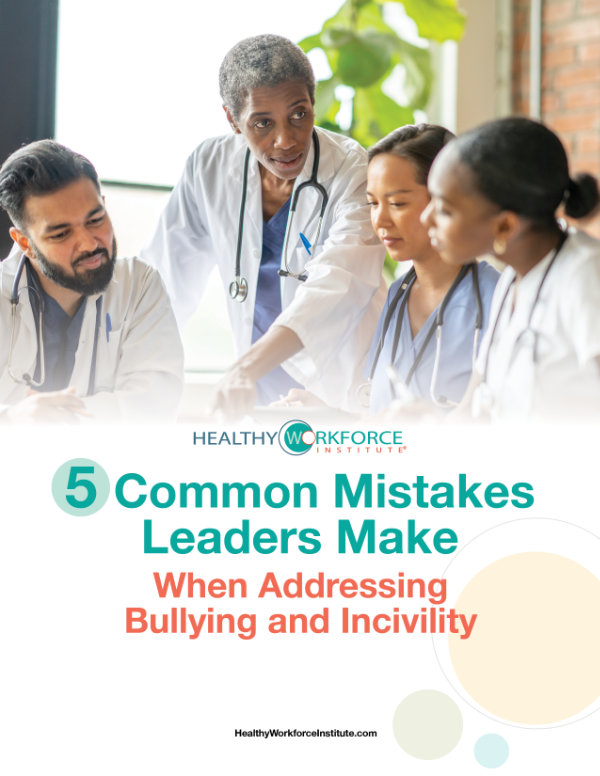I’ve been preparing nurses to pass nursing certifications exams for more than eight years now. Teaching these prep courses are some of my favorite courses to teach. However, throughout my years, I’ve heard grumbling from nurses who don’t see the value of certification. They just think certification is a “money maker” for the certifying body. These grumblers tend to be nurses who have been practicing for decades, who get snarky as they say, “I don’t need no stinkin’ certification to prove I’m competent!”
YES! And they are correct.
Certification does not PROVE a nurse is competent. Certification VALIDATES their competence.
WHAT DOES THE EVIDENCE SAY?
We talk a lot about evidence and how all nurses (and other healthcare providers) should always practice according to the evidence.
Studies show that certified nurses:
- Are happier
- Are more satisfied with their career choice
- Have more opportunity and climb the ladder faster
- Make more money!
- And…when patients are cared for by nurses who are certified, they have better clinical outcomes
In a survey of over 11,000 nurses conducted by the American Board of Nursing Specialties (ABNS), 90% agreed that certification validates competence and enhances a nurse’s credibility. Another study by ABNS showed that patients have a decreased length of stay, decreased fall rates, and improved satisfaction too!
Data doesn’t lie. Isn’t our ultimate decision maker on whether or not to become certified what’s best for our patients?
However, getting certified isn’t always easy. You have to prepare, take a dreaded exam, and it costs money. Some nurses, although they want to become certified in their specialty, need a nudge from the organization.
3 STEPS TO CREATE A CULTURE OF CERTIFICATION
1. Include certification in your clinical ladder
I am all about doing the right thing for the right reason but it makes the decision to get certified a lot easier if you hardwire certification into your clinical ladder. Provide an incentive by giving a monetary increase for certified nurses or advance a nurses status (from “nurse” to “professional nurse”), offer more education credits or pay for a conference for your certified nurses. By hardwiring certification into your clinical ladder, you will have more certified nurses!
2. Make it easy for nurses to prepare
The #1 reason why nurses don’t get certified is that they fear failure. Organizations can decrease that fear by helping them prepare. Host a certification prep course. Purchase curriculum and preparation aids and keep them in your library so that nurses can borrow. Purchase practice question resources and encourage nurses to “quiz” each other at work using study cards. Make it easy for them to prepare.
3. Celebrate certified nurses
When a nurse achieves certification, make a big deal about it!!! Talk about it during meetings, huddles, post big congratulations signs, bring in food (no doughnuts please!!), ask everyone to sign a congratulations card, host a certified nurses day event, etc. There are numerous ways to celebrate certification.
I just taught two back-to-back medical surgical certification preparation courses. As a certified nurse myself, I also learn from my audience of nurses and truly feel like we strengthen and unify our profession when we are all striving to validate our competence.
In honor of this year’s National Certified Nurses Day, I’d love to honor, not just the nurses who are certified, but also the organizations that are trying to create a culture of certification.
Join the club. Become certified. You, your colleagues, and your patients will thank you!
Thanks so much for reading. Take care. Be kind and stay connected.


If you like this post, I recommend the following:
Share with your colleagues and friends using the social share buttons.
Subscribe to my blog. Sign up to receive my latest updates and other resources via my website.
Dr. Renee Thompson works with healthcare organizations that want to overcome the leadership and clinical challenges their people face every day.
If you’d like to find out more about her programs, please visit her website www.reneethompsonspeaks.com.
Contact Renee today at [email protected] to bring her to your organization to talk about ending the cycle of nurse bullying.













3 thoughts on “Why You Should Be Certified & 3 Steps to Build a Culture of Certification”
4.5
The author is right when she says, “Certification does not PROVE a nurse is competent. Certification VALIDATES their competence.” I am also a certified nurse and I understand the role of Certification in a nurse’s professional career.The importance of Certification in the nursing career is unmatchable. The awareness and value of Certification are growing among employers, patients, families, and public because Certification demonstrates dedication and expertise in a specific area. Earning a certification is also self-fulfilling. It offers credibility and recognition, and it is evidence of personal and professional achievement and career growth.
Thanks Helena!! Glad you agree.